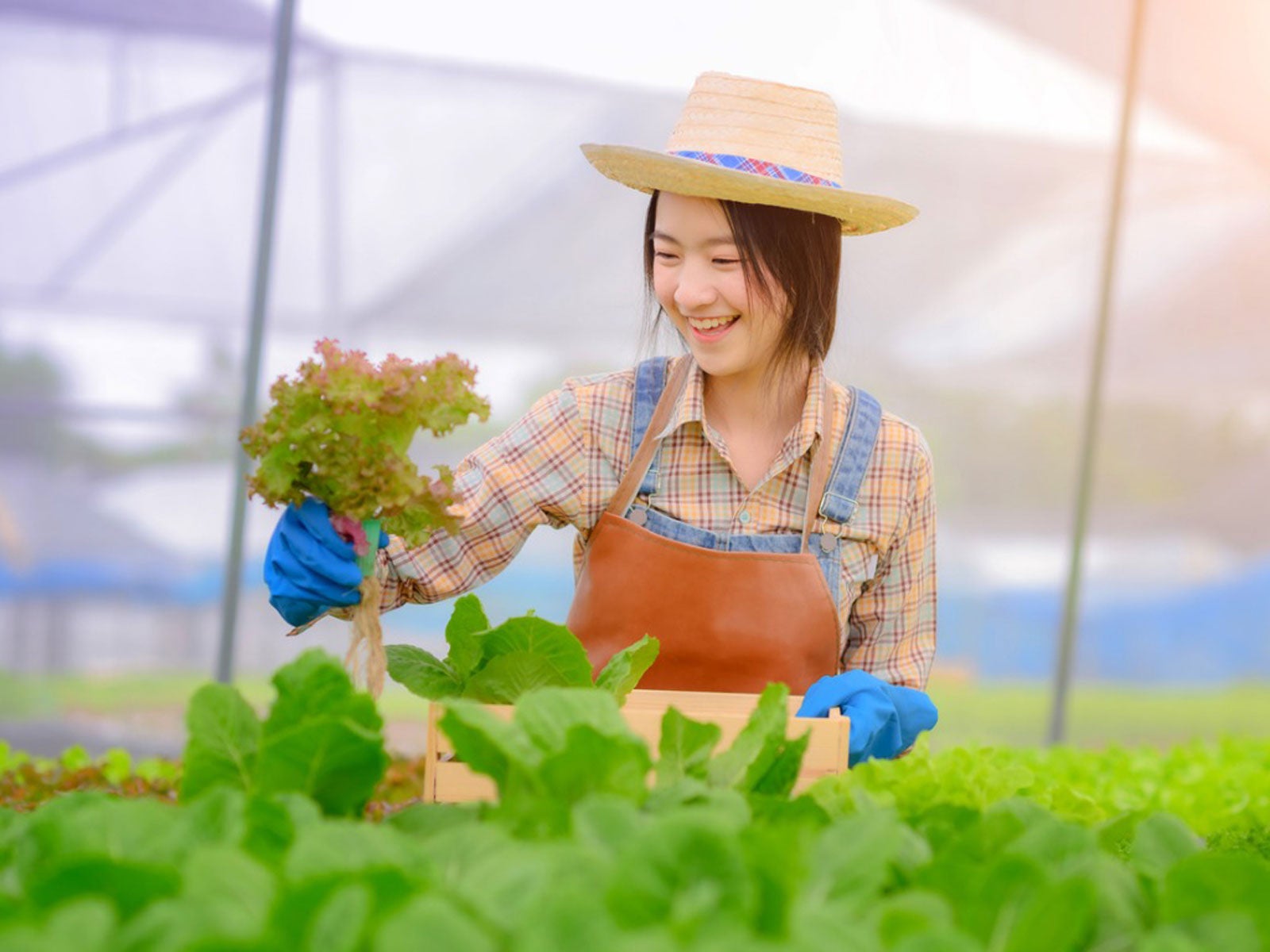What Are Hobby Farms – Hobby Farm Vs. Business Farm

Maybe you’re an urban dweller who yearns for more space and the freedom to produce more of your own food, or maybe you already live on a rural property with unused space. In either case, perhaps you’ve batted around the idea of starting a hobby farm. Unclear about the difference between a hobby farm vs. business farm? Don’t worry, we’ve got you covered.
What are Hobby Farms?
There are various hobby farm ideas out there which leave the definition of ‘what are hobby farms’ slightly loose, but the basic gist is that a hobby farm is a small-scale farm that is worked for pleasure more than for profit. Generally, the owner of a hobby farm does not rely on the farm for income; instead, they work or rely on other sources of income.
Hobby Farm Vs. Business Farm
A business farm is just that, a farm in the business of making money. That isn’t to say that a hobby farm may not or does not sell their produce, meat, and cheese, but it is not the primary source of income for the hobby farmer.
Another difference between a hobby farm vs. business farm is size. A hobby farm is identified as being less than 50 acres.
There are many hobby farm ideas. Hobby farming may be as simple as an urban gardener with chickens, to more elaborate spaces for growing your own crops and raising various animals, to a small-scale lavender farm. There are many books with ideas and information. Before beginning a hobby farm, it’s a good idea to read several and research, research, research.
Starting a Hobby Farm
Before starting a hobby farm, you need to be clear on what your goal is. Do you just want to provide for your immediate family? Do you want to sell some of your crops, farm-raised eggs, meat, or preserves on a small scale?
If you do wish to make a profit, you are steering into the territory of a small-scale farm rather than a hobby farm. The IRS does not allow hobby farms to receive tax breaks which are geared towards small farm owners. At any rate, a hobby by its very nature is something you do for pleasure.
Gardening tips, videos, info and more delivered right to your inbox!
Sign up for the Gardening Know How newsletter today and receive a free copy of our e-book "How to Grow Delicious Tomatoes".
Start small. Don’t over invest or dive into too many projects at once. Take your time and talk to others who have hobby farms.
Learn to love being handy. Learning to do your own repairs and repurposing will save you money which, in turn, means you have to work outside the farm less. That said, know when something is over your head and get professional help whether it’s for equipment repair or veterinarian services.
When starting a hobby farm, be able to roll with the punches. A farm, hobby or otherwise, relies a lot on Mother Nature -- and we all know how unpredictable that is. Embrace the steep learning curve. Running a farm of any size takes lots of work and knowledge that can’t be absorbed in a day.
Lastly, a hobby farm should be enjoyable so don’t take it, or yourself, too seriously.

Amy Grant has been gardening for 30 years and writing for 15. A professional chef and caterer, Amy's area of expertise is culinary gardening.